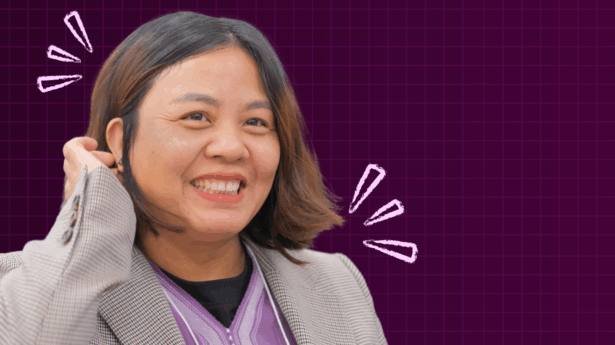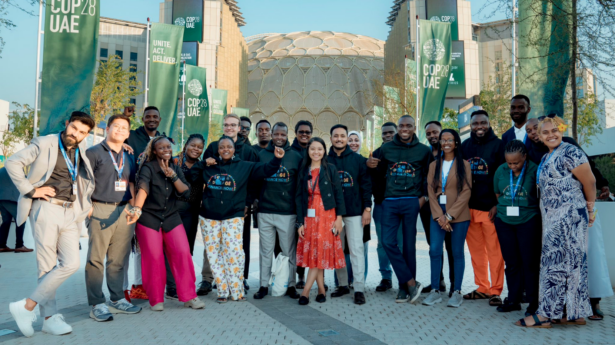The Unitarian Universalist Service Committee advances human rights through grassroots collaborations.
From the Frontlines of UN Climate Talks
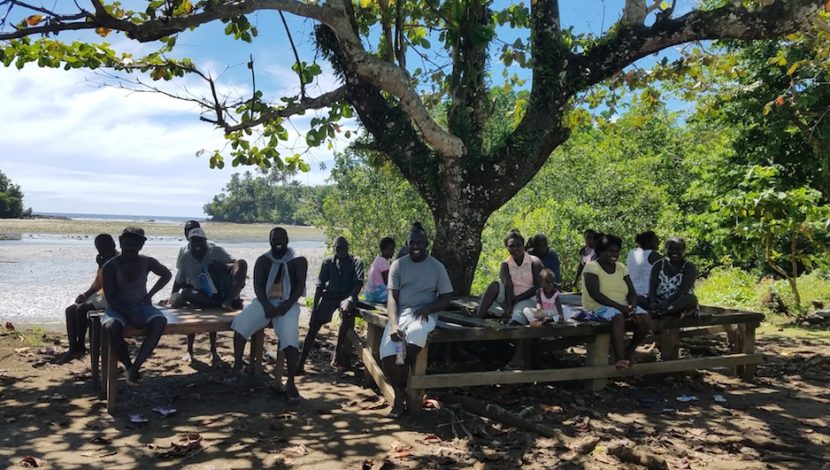
By on November 8, 2017
It’s begun! The world has gathered for critical climate talks and to evaluate the implementation of agreements to reduce carbon emissions and adapt to climate change. UUSC and our partners are on the frontlines of this year’s Conference of the Parties (“COP23”) in Bonn, Germany. We’ll be sharing updates and opportunities to advocate for the rights of marginalized populations who are disproportionality at risk of losing their homes – and entire ways of life – due to our warming planet.
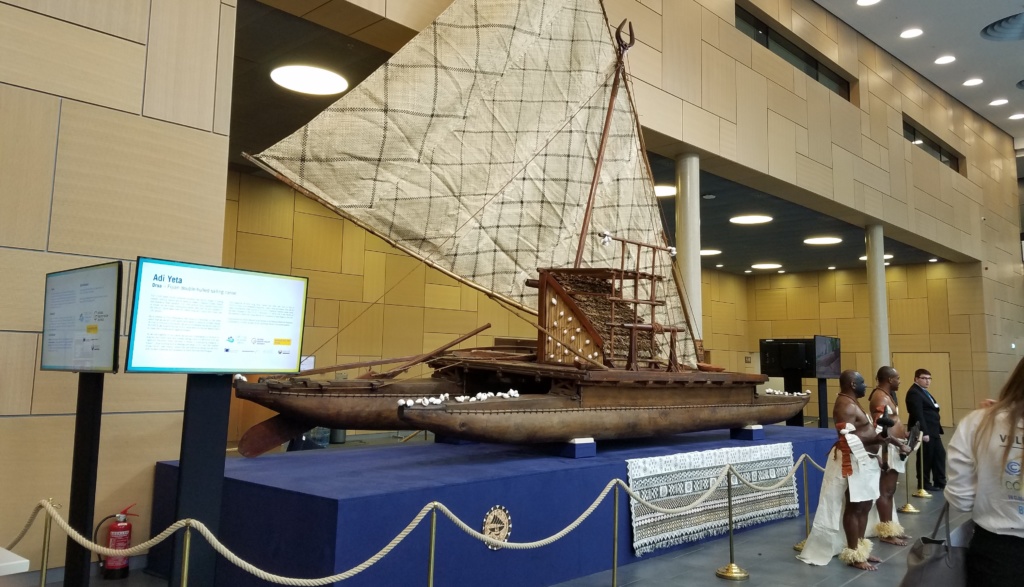
In true Pacific spirit, Fiji opened COP23 with a traditional ceremony, showcasing perhaps one of the most important Pacific traits that is at risk due to climate change. This traditional and cultural loss resonates with indigenous cultures worldwide.
Here are just two of the many startling details heard during one of the conference’s first panels, Disappearing Islands:
- Two islands in the Solomon Islands have completely vanished and six more are experiencing coastal erosion.
- The significance of #3. We are currently on a dangerous track to a 3 degree warming, which will result in a 3-meter rise in the Pacific sea level. We only have 3 years to reduce emissions to address pre-2020 emission targets.
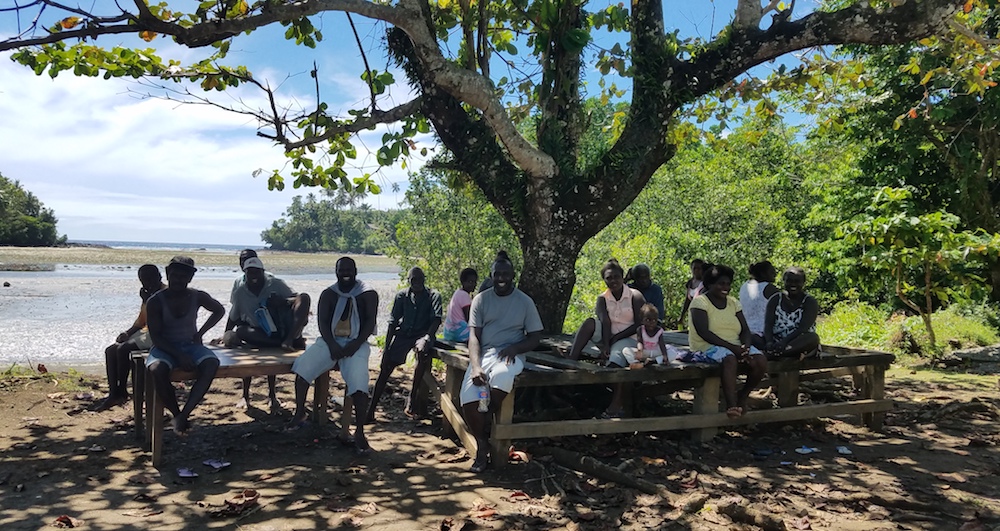
UUSC and our partner are working with three communities in the Solomon Islands. One of those villages, Nuatabu, was swept away by a tidal wave in 2012. To this day, people are still living in despair in tents and makeshift shelters and have not received any government assistance. UUSC is helping Nuatabu and other villages with resources and advocacy for national and international action.
There are many outstanding organizations working to confront these climate change threats, yet few groups focus specifically on the resulting human rights crises: the families forced to evacuate their homes, the villagers whose fresh water wells are rendered useless, the farmers who live in constant fear of losing their communities’ crops. Through our Environmental Justice and Climate Action Program, UUSC and our partners are developing community-led and human-rights based responses to climate forced displacement.
For instance, Chevak Native Village, home to 1,200 Cup’ik villagers in Alaska, is one in a multitude of affected communities where we are working for urgent action. Minimal government assistance has left villagers to cope alone with weather-related changes and erosion caused by increasing temperatures and thawing permafrost. But like other villages in Alaska, this community does not have the resources to deal with the barrage of ongoing climate issues.
I am honored by the opportunity to participate in COP23 and stand alongside our partners in advocating for climate justice. And, I am inviting you to join me in shining a light on how climate change is disproportionately affecting the most marginalized populations, multiplying their risks, widening inequalities and threatening their basic human rights and dignities.
One of the atrocities of climate change is that the people who are least responsible for this looming catastrophe will suffer — are already suffering — its worst consequences. They urgently need someone to stand with them. I’m hoping that will be you.
